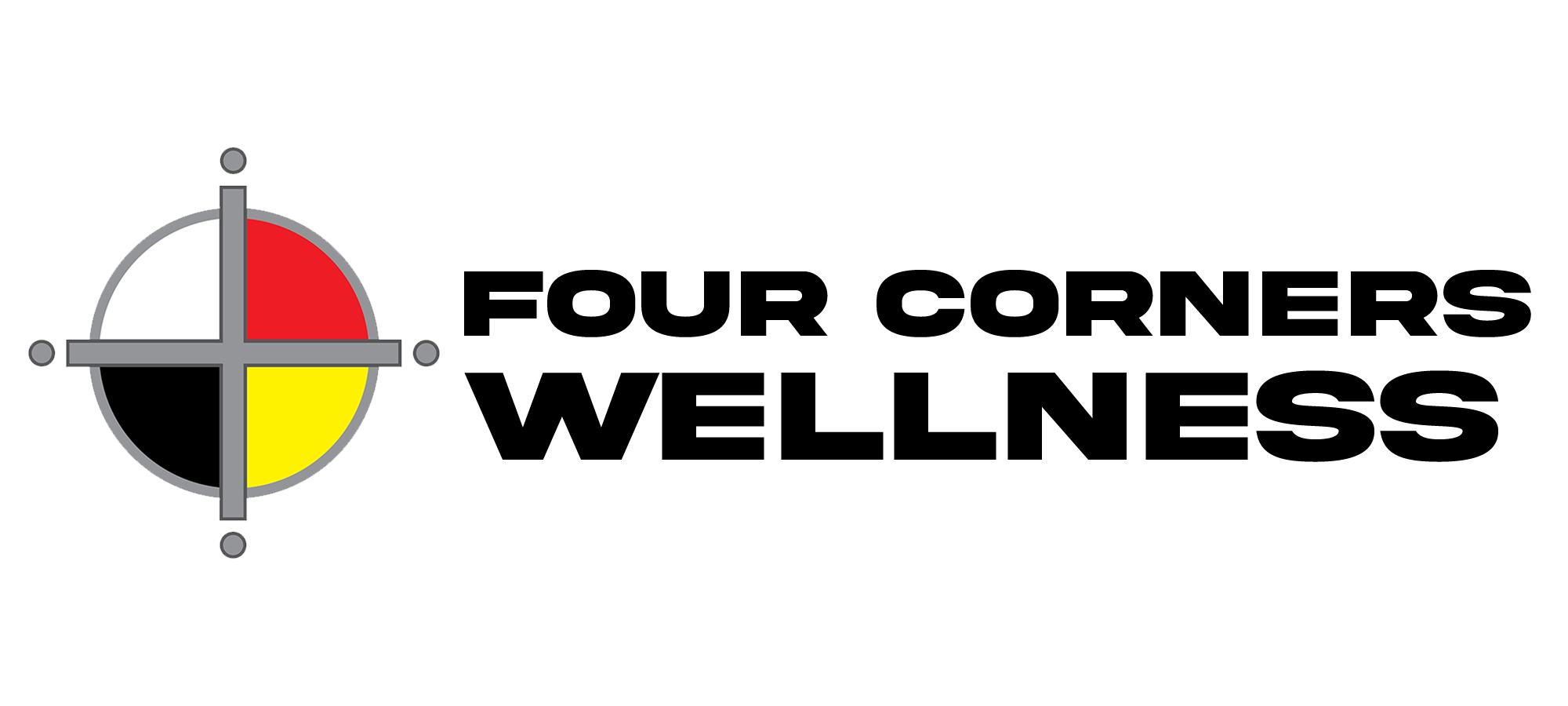A holistic approach to mental health offers a comprehensive strategy to prevent severe instances of sadness and depression while fostering resilience and overall wellness.
In today’s world, mental health awareness is more critical than ever, especially for young adults facing unique challenges as they navigate through pivotal life stages. Depression and suicide are pressing issues that need open, honest conversations. A holistic approach to mental health, addressing physical, mental, emotional, and spiritual well-being, can be a powerful way to prevent severe instances of sadness and depression.
Let’s explore how a balanced approach can foster resilience and improve mental health outcomes.
Understanding the Holistic Approach
Holistic health emphasizes the interconnectedness of the body, mind, emotions, and spirit. Rather than treating symptoms in isolation, this approach seeks to understand and address the root causes of mental health issues. By integrating various aspects of well-being, individuals can build a more robust defense against depression and suicidal thoughts.
Physical Health: The Foundation of Well-Being
Physical health is a crucial component of mental health. Regular exercise, a balanced diet, and adequate sleep are foundational practices that can significantly impact one’s mood and energy levels.
Exercise: Engaging in regular physical activity releases endorphins, which are natural mood lifters. Activities like walking, jogging, yoga, or team sports can reduce stress and anxiety.
Nutrition: Eating a balanced diet rich in fruits, vegetables, lean proteins, and whole grains provides essential nutrients that support brain health. Avoiding excessive sugar, caffeine, and alcohol can also help stabilize mood.
Sleep: Quality sleep is vital for mental health. Establishing a consistent sleep routine and creating a restful environment can improve cognitive function and emotional regulation.
Mental Health: Strengthening the Mind
Mental health practices involve techniques and habits that enhance cognitive functions and emotional resilience.
Mindfulness and Meditation: These practices help individuals stay present and manage stress. Apps like Headspace and Calm offer guided sessions that can be particularly beneficial for beginners.
Cognitive Behavioral Therapy (CBT): CBT techniques can help individuals identify and challenge negative thought patterns, fostering a more positive outlook.
- Learning and Growth: Engaging in new activities or learning new skills can boost self-esteem and provide a sense of accomplishment.
Emotional Health: Understanding and Expressing Feelings
Emotional health is about understanding, expressing, and managing our emotions in a healthy way.
Emotional Intelligence: Developing skills to recognize and understand our own and others’ emotions can improve relationships and communication.
Journaling: Writing about thoughts and feelings can be a therapeutic way to process emotions and gain insights into one’s mental state.
- Support Systems: Building strong relationships with friends, family, or support groups provides a network for sharing and support during tough times.
Spiritual Health: Finding Purpose and Connection
Spiritual health doesn’t necessarily relate to religion; it’s about finding meaning and purpose in life.
Purpose and Goals: Setting personal goals and working towards them gives life direction and a sense of purpose.
Connection with Nature: Spending time outdoors can be a grounding experience that promotes inner peace and reflection.
Spiritual Practices: For some, practices like prayer, meditation, or community involvement provide a sense of belonging and purpose.
Starting the Conversation
Opening up about mental health can be daunting, but it’s a critical step in seeking help and supporting others.
Create a Safe Space: Ensure conversations are held in a non-judgmental and supportive environment.
Listen Actively: Sometimes, just being there to listen can make a significant difference.
Share Resources: Provide information about mental health resources, such as crisis helplines, therapy options, and support groups.
- Encourage Professional Help: If someone is struggling, encourage them to seek help from a mental health professional.
By adopting a holistic approach to mental health, young adults can build resilience against depression and suicide. Balancing physical, mental, emotional, and spiritual health creates a strong foundation for overall well-being. Starting real conversations about these topics can lead to greater awareness and support, fostering a healthier, more connected community.
Remember, mental health is a journey, and it’s okay to seek help along the way. Let’s work together to break the stigma and promote a balanced approach to mental well-being.

